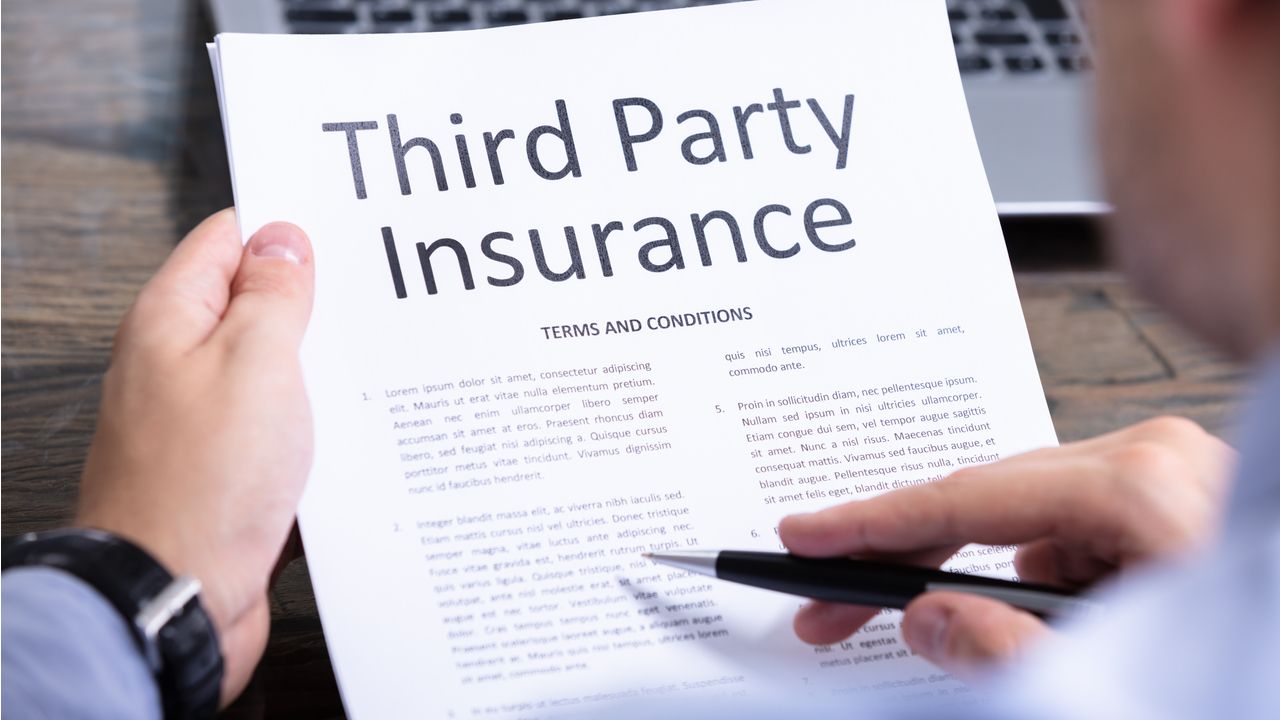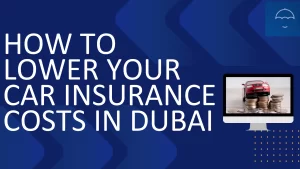Third-Party Insurance – What You Need To Know
What is third-party liability insurance?
‘Third-party’ refers to a person involved in a claim, not the insurance policy holder.
A third-party liability ensures that if the policyholder causes accidental damage to another person’s vehicle or property, it will be paid for by the insurance company.
While it does not cover the owner or vehicle, other passengers in the car can claim injuries. But, claims for fire damage or theft cannot be made.
What does third-party liability cover?
In the event of the insured vehicle’s accident, the following outcomes are eligible for claims:
- Third-party injury to a passenger or a person in another car;
- Damage to another person’s car;
- Damage to another person’s property.
If the accident is your fault:
Your insurance provider will pay compensation to the other party, including the cost of vehicle repair or personal injury claims.
A claim made against you will affect your no claims discount. This is something to discuss and confirm with your insurer at the time.
If the accident is not your fault:
The other person’s insurance provider will pay compensation directly to you. Your insurance provider will not help when making a claim, and you will be unable to claim for repairs on your vehicle from your insurance provider.
There will be no effect on your no claims discount.
Why buy third-party insurance?
A third-party insurance policy is good for covering claims by other drivers, but only when the policyholder can afford to pay their repair costs without insurance.
However, insurance providers may charge a higher insurance fee because third-party policies are typically designed for higher-risk drivers.
But because the insurance payment includes the risk costs, the policyholder might not have to pay as much if they claim.
Third-party insurance is good for:
- A car that is not worth much money;
- When a policyholder can’t afford higher cover;
- When the requirement is a minimum cover.
Third-party insurance not suited for:
- Expensive cars;
- Living in high-crime areas;
- Living in climates prone to natural disasters.
How to calculate the premium for third-party liability?
Keep the following in mind when estimating the insurance premium for third-party liability.
Driver’s age
Since statistically speaking, younger drivers are more likely to lack experience and encounter accidents, their premiums will be higher.
Driving record
It is important to keep a driving record free of recent claims, traffic fines, penalties or any tickets. A good driving record means fewer chances of claim applications and hence a lower premium.
Vehicle
Inexpensive cars of older makes will have lower insurance premiums compared to newer, expensive models.
What are the benefits of third-party liability?
Third-party insurance adds an important layer of protection to the vehicle. It prevents from going out of pocket for potentially enormous bills.
Cost-efficient
It’s more economical than fully comprehensive car insurance. Since it comes with minimal levels of protection, the premiums are generally cheaper. However, this isn’t always the case when high-risk drivers take out third party policies.
Reasonable
It’s a better choice for smaller cars of an older make that aren’t valuable. A simple third party policy can save a fair amount in premiums and avoid unnecessary costlier add-ons.
Safe
It offers peace of mind. As well as being legally necessary, it gives confidence and reassurance to drive with safety and protection.
What are the limitations of third-party insurance?
Like all policies, third-party insurance has its own set of exceptions. Read the policy before signing up.
Car modifications
The policy will no cover non-standard accessories, such as custom paintwork. However, there is the possibility to cover some modifications, such as radio and stereo systems. Although, it is important to let the insurer know first.
Overloading
If too much weight overloads the car beyond reasonable limits, whether goods or passengers, during an accident, claims can be denied.
For hire
If the car is in use for ‘hire and rewards’, ie. to carry other people’s goods in return for payment, claims can be denied. This is especially so if the car is in use to transport illegal goods.
Driving under the influence
If the driver of the car is under the influence of alcohol or drugs, or if they won’t take a breathalyzer or drug test, claims can be denied.
Personal belongings
The insurance cover also does not include personal items in the car.
Repair work
The policy does not cover repair or maintenance, for e.g. when the car breaks down or has tire damage.
Unauthorized modifications
The insurance policy will not cover damage caused to or by unauthorized modifications in or on the vehicle.
Unauthorized and/or unlicensed driver
The claim will not click into action when an unauthorized and/or an unlicensed driver of the insured vehicle causes an accident.
Lawful seizure
The policy will not cover claims as a result of the legal seizure of the vehicle for whatever reason.
Reckless driving
The policy will not entertain a claim if the damage is as a result of a deliberate or reckless act, such as motorsports, or driving when the car is in an unsafe condition.
Ignoring due process
The policy will not provide coverage and will not pay the claim if the policyholder is not present or does not stay at the scene of an accident.
Prior claims
The policy will not reimburse claims when the car incurs an additional loss soon after an earlier accident.
How to file a claim under third-party insurance?
It is important to be thoroughly familiar with the dos and don’ts of the claims process to avoid ending up paying from one’s own pocket.
- Inform the police asap and take the police report.
- Do not argue with involved persons under any circumstances.
- Inform the insurance provider as soon as possible, regardless of whether filing a claim or not.
- Follow all the instructions given by the insurance company.
- Provide the police report, driver’s license and vehicle registration to the insurance provider.
How to find cheap quotes for the best third-party insurance?
After deciding on a third-party insurance policy, there are a few things worth taking into consideration:
- Shop around: Compare quotes against the cover offered by different policies to find a better deal. If you think you’re paying too much, get quotes from other insurers.
- Choose a higher excess: The insurer will offer a lower premium in return. Be wary of a very high excess as it won’t be worth your while to make smaller claims.
- Nominate drivers: Nominate trusted people, who are over the age limit, to drive the car. This will reduce the cost of the cover.
- Bundle policies: Providers offer discounts for multiple policies.
- Buy online: Many insurers offer discounts to customers for purchasing policies online.
- Secure the vehicle: Parking vehicles in garages, and securing them with security systems helps to insure them for less.
- Loyalty discounts: Going with an insurer that offers loyalty discounts makes sense. It means the longer you stay with them, the more you’ll save in the long run.
- No Claim Bonus: Many insurers give a No Claim Bonus for a good claims history. The best rating can save up to 50-60%.
- Read the small print: As with all policies, make sure you read into your cover. Whilst it might seem like you’ve come across a great deal, it might be too good to be true.
- Don’t auto-renew: Insurance customers lose money every year by blindly letting their policies rollover. When a policy is near its end, always get quotes and see if a cheaper deal is available elsewhere.
To compare fair quotes for third-party insurance, free of cost, click on the link below, call 800 POLICY, and fill in your details underneath.
Read more…
How to Lower Your Car Insurance Costs in Dubai
Avoid These Top 10 Mistakes When Purchasing Car Insurance
Benefits of Buying Car Insurance Online
Contact Us:
Originally published Feb 26, 2020 16:45:48 PM, updated Jun 06, 2024



